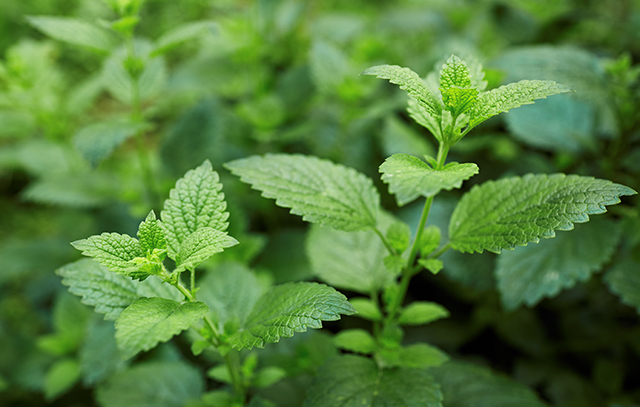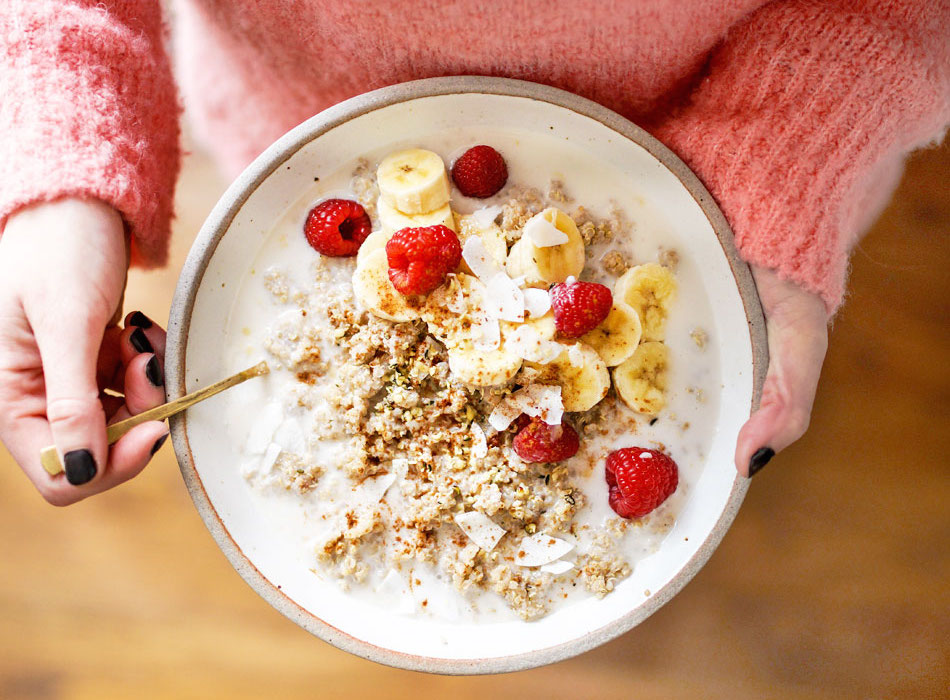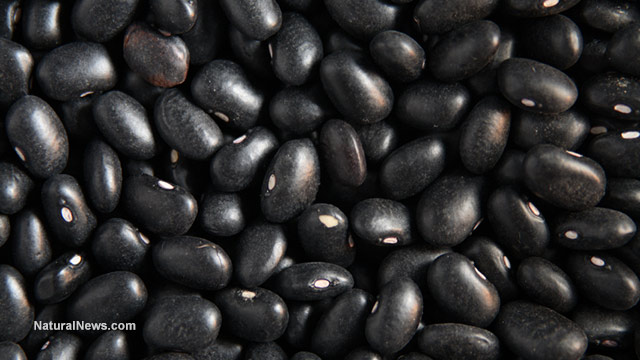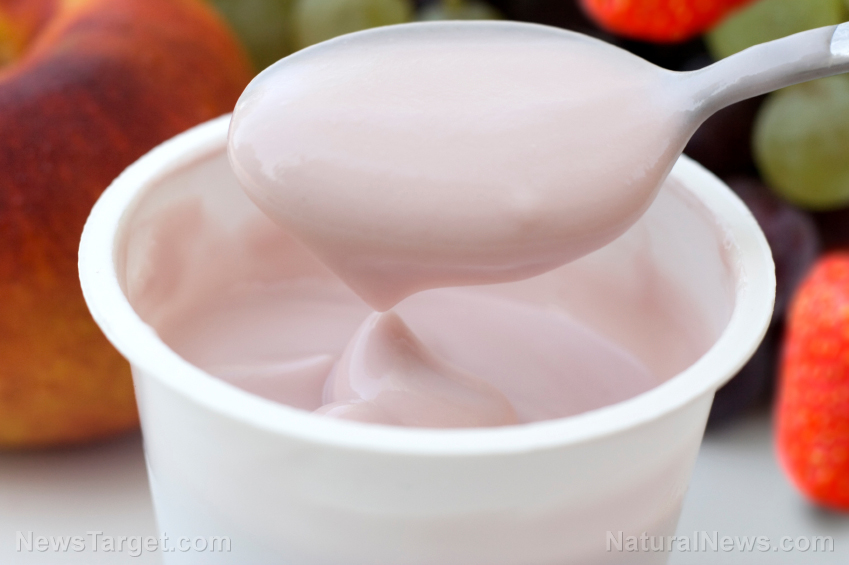How to beat heart disease with diet and lifestyle
02/09/2018 / By Michelle Simmons

You can prevent heart disease — eating a healthy diet, such as a plant-based diet, and making healthy lifestyle changes are just some of the steps you can make. Cholesterol is the greatest risk factor for coronary heart disease. It increases in levels because of poor diets. Most people who were raised on a conventional Western diet, a plaque rich in cholesterol builds up inside the blood vessels that provide the heart with oxygen-rich blood. This, in turn, can result in chest pain and pressure known as angina. In addition, a blood clot can form within the artery and cause a heart attack if the plaque breaks. Cholesterol levels are increased by adhering to a diet rich with particular types of fats such as trans fat, saturated fat, and dietary cholesterol. Trans fat can be found in processed foods and meat and dairy products, while saturated fat can be found mainly in animal products and junk foods. Lastly, dietary cholesterol can only be obtained from animal-derived foods such as eggs.
However, unhealthy, fatty meals cause internal damage years into the future as well as triggering problems after hours of eating. Fortunately, the damaging process brought by fatty meals can be reversed. Past studies of patients with advanced heart disease tried plant-based diets as a way to stop the progression of the disease. After following a vegan diet, the heart disease of the patients began to reverse as they were getting better. (Related: Plant-based diet prevents and fights chronic diseases such as cancer, type 2 diabetes, and coronary heart disease)
“It seems that as soon as they stopped eating artery-clogging diets, their bodies were able to start dissolving some of the plaque that had built up,” Dr. Michael Greger wrote in Daily Mail Online.
Greger explained that the body could heal itself through a plant-based diet and other healthy lifestyle changes, which explains why heart disease patients almost immediately experience relief after starting a diet composed of plant foods. He also cited a study that found a 91 percent decrease in angina attacks in just a few weeks after patients began adhering to plant-based diets. On the other hand, those patients who did not change their diets had an increase of 186 percent in angina attacks.
Another problem is that most doctors prescribe cholesterol-lowering statins for those who are at risk of heart attacks. However, these drugs may lead to adverse side effects, such as liver and muscle damage. Thus, this makes plant-based diet a better and safer option for lowering cholesterol levels. A lot of studies also show that many Western epidemics of chronic disease, like coronary heart disease, did not occur in populations, such as the Chinese and rural African populations, because their diets were focused on plant-derived grains and vegetables.
“This means heart disease could be a choice, not a genetic inevitability,” he wrote.
Lifestyle changes you can make to prevent heart disease
Aside from eating a healthy diet, here are some healthy lifestyle changes that you can do to prevent heart disease.
- Be physically active – The American Heart Association (AHA) recommends doing physical activity for a minimum 30 minutes every day. A Harvard study discovered that watching TV for two hours a day increased the chance of developing heart disease by 15 percent, and as TV time increases, the risk also increases.
- Stop smoking – Smoking cigarettes increases the risk of heart disease by two to four times, according to the Centers for Disease Control and Prevention (CDC). It also causes plaque buildup and hardened arteries.
- Relieve stress – Stress causes strain on the heart, which increases the risk of heart disease. Manage stress through exercise and meditation.
- Maintain a healthy weight – Maintaining a healthy weight is essential to protect the heart from damage or fatigue. A healthy weight means the blood can circulate more efficiently and manage necessary fluid levels.
If you’d like to learn more about the heart, visit Heart.news.
Sources include:
Tagged Under: cardiovascular disease, cardiovascular health, diet, fitness, Heart, heart disease, heart health, lifestyle, plant-based diets, prevention




















